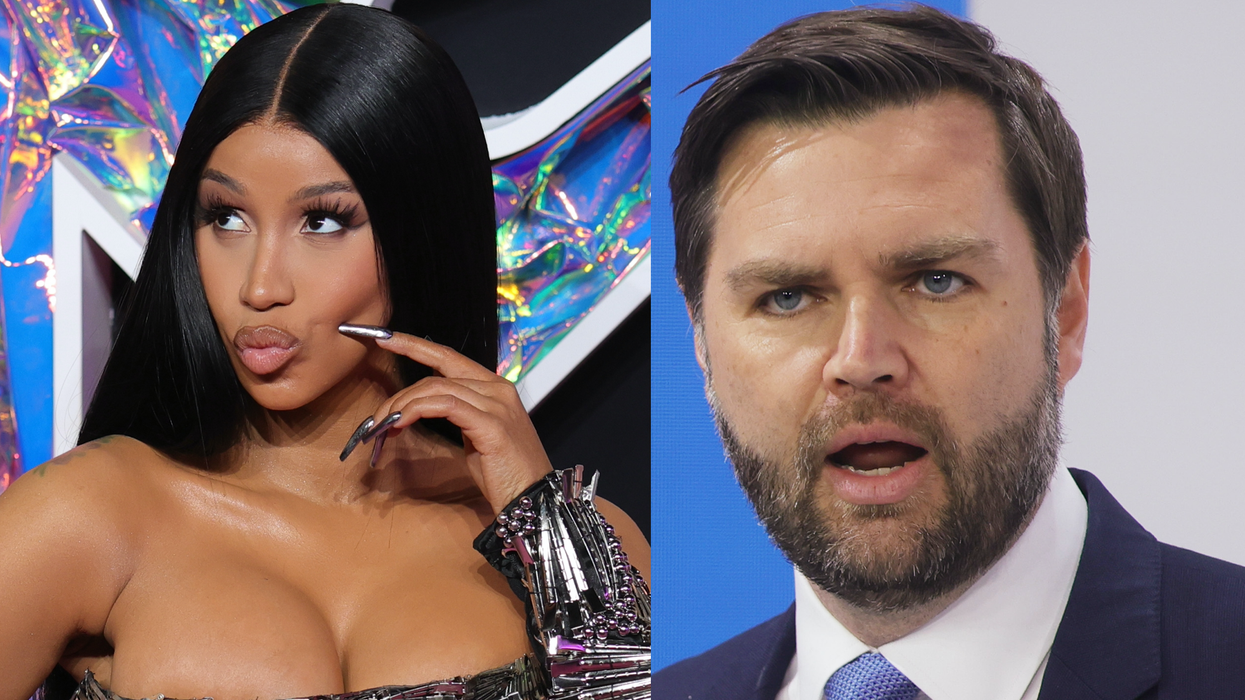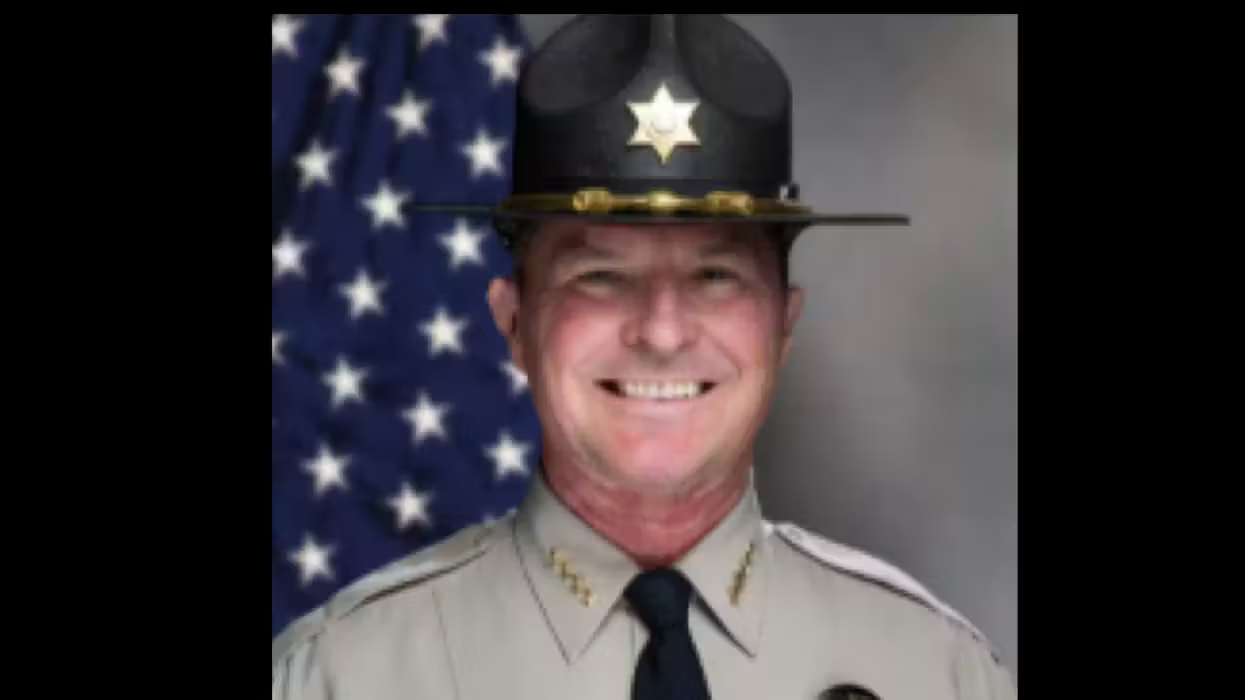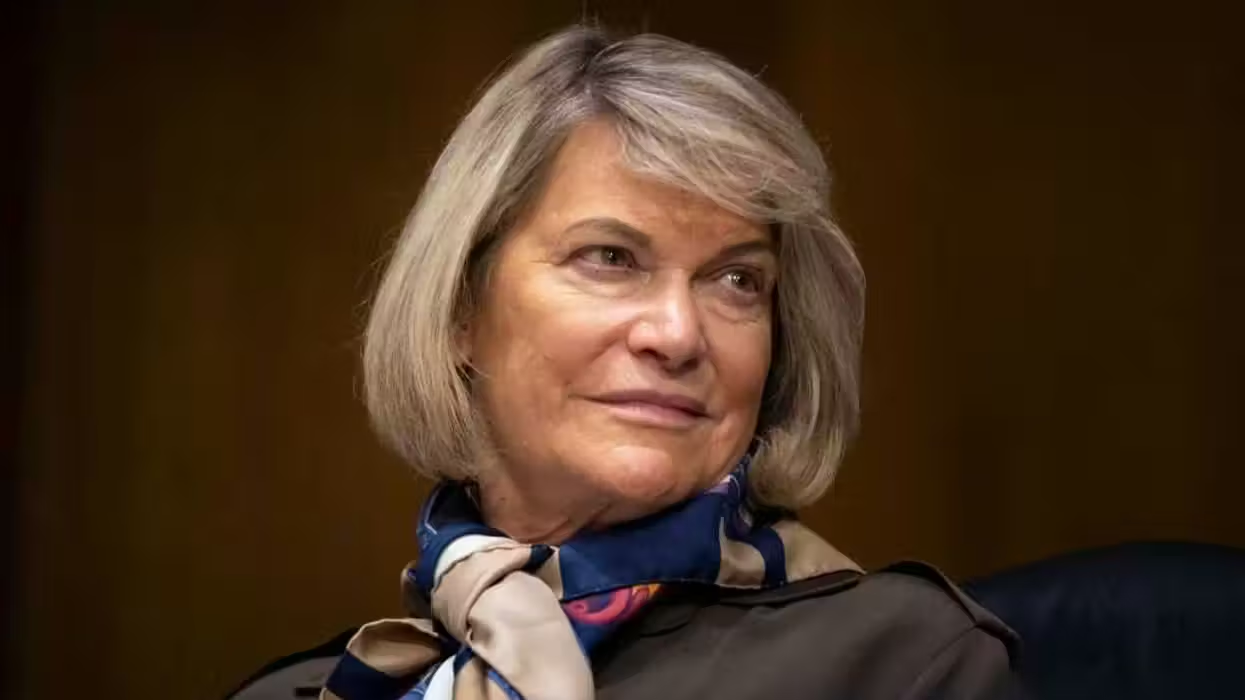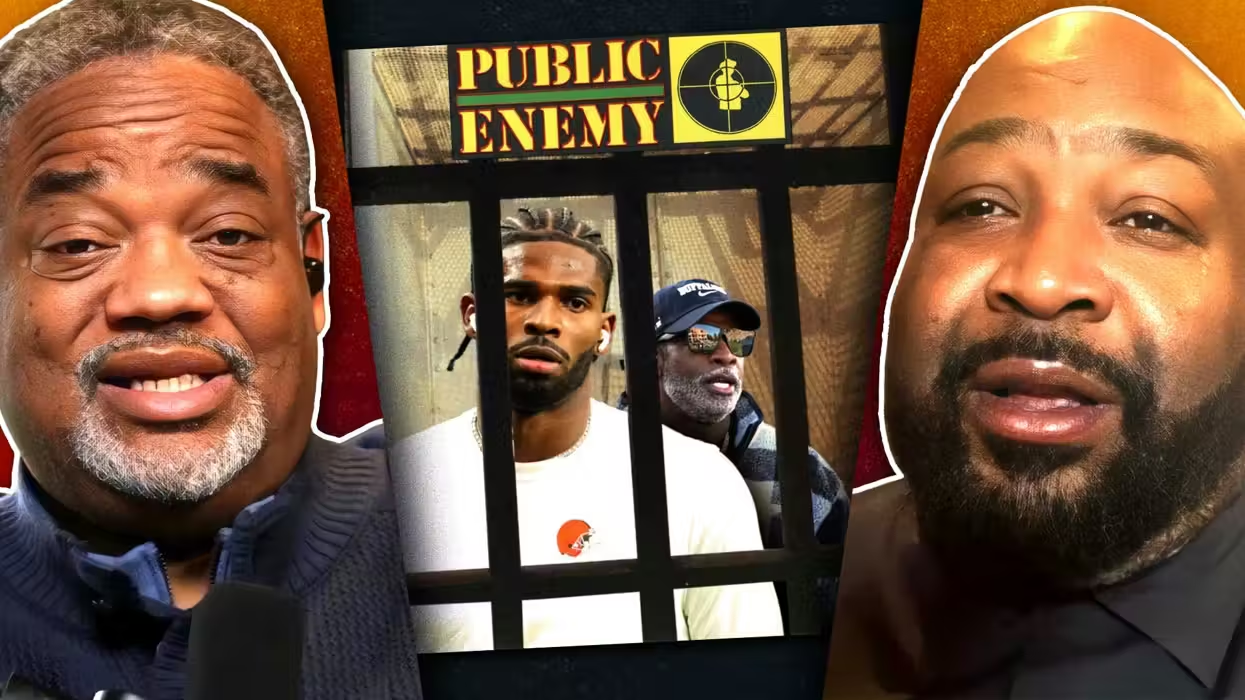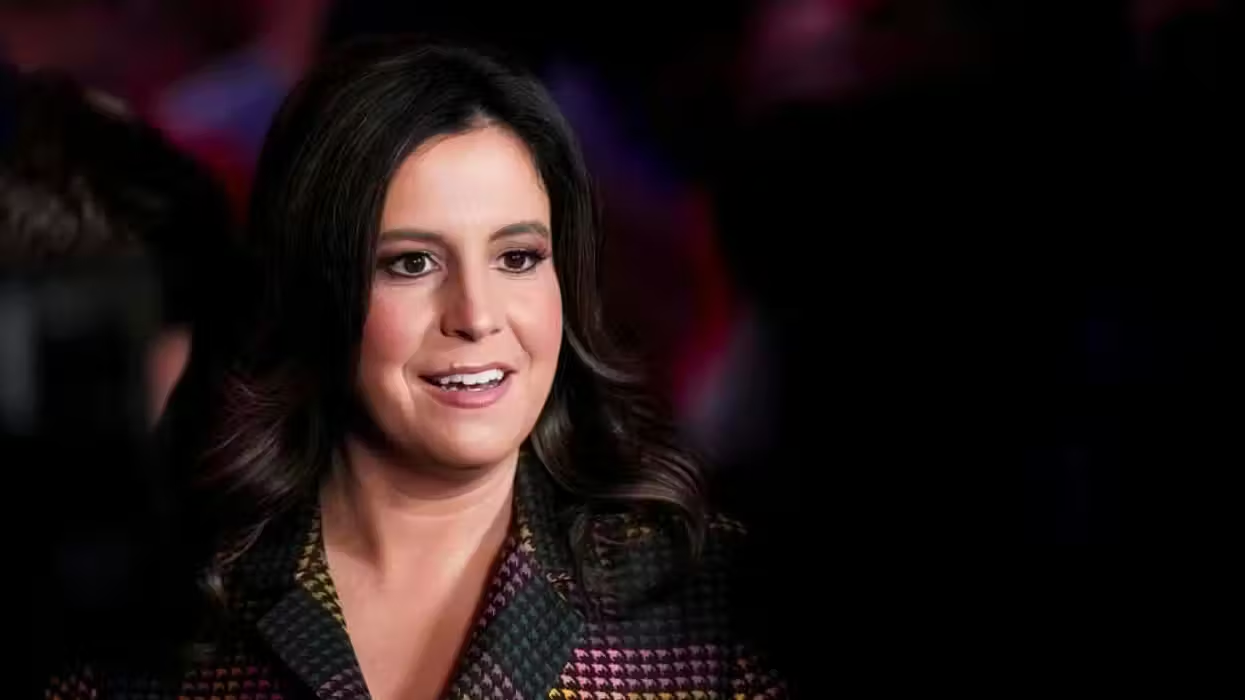FBI Director James Comey, taking questions from the Senate Judiciary Committee Wednesday, explained why he chose to reveal his agency had reopened the investigation into then-Democratic presidential candidate Hillary Clinton’s emails just days before the 2016 election.
Though Comey said it made him “mildly nauseous” to think the FBI’s actions could have political ramifications, he felt he had no choice but to announce the Clinton investigation. The FBI chief’s explanation came after Sen. Dianne Feinstein (D-Calif.), the committee’s ranking member, asked why it was “necessary” to notify Congress on Oct. 28, 2016, of the investigation.
Comey told Feinstein that a separate investigation into former Rep. Anthony Weiner (D-N.Y.), who was at the time married to top Clinton aide Huma Abedin, revealed more details and additional emails pertaining to the inquiry into Clinton’s use of a private email server during her tenure at the State Department.
That revelation, Comey said, presented him with only two options: Speak or conceal.
“I sat there that morning, and I could not see a door labeled, ‘No action here.’ I could see two doors, and they were both actions,” Comey said. “One was labeled, ‘Speak,’ the other was labeled, ‘Conceal.’ ”
After “repeatedly” telling Congress that the investigation was concluded and there was no malicious intent on Clinton’s part, Comey said failing to disclose the fact that the investigation had been reopened in a “hugely significant way” would “require an act of concealment.”
“And so I stared at ‘speak’ and ‘conceal,’” the director told Feinstein. “‘Speak’ would be really bad, there’s an election in 11 days. Lordy, that would be bad. Concealing, in my view, would be catastrophic — not just to the FBI, but well beyond.”
“And honestly,” he continued, “as between ‘really bad’ and ‘catastrophic,’ I said to my team, ‘We’ve gotta walk into the world of really bad.’ ”
Despite the backlash Comey has faced in the the weeks and months since his decision to notify Congress of the FBI’s resumed investigation into Clinton’s emails, he suggested he would make the same decision today.
“Look, this was terrible. It makes me mildly nauseous to think we might have had some impact on the election, but honestly, it wouldn’t change the decision,” Comey said. “Everybody who disagrees with me has to come back to Oct. 28 with me, and stare at this, and tell me what you would do.
“Would you speak, or would you conceal. And I could be wrong, but we honestly made a decision between those two choices that, even in hindsight, and this has been one of the world’s most painful experiences, I would make the same decision,” he said.
Comey’s explanation comes the day after Clinton blamed him for her presidential loss in November during a question-and-answer session moderated by CNN’s Christiane Amanpour at a Women for Women International event in New York.
“If the election had been on Oct. 27, I would be your president,” she remarked. “The reason I believe we lost were the intervening events in the last 10 days.”
Clinton concluded that she was “on the way to winning until” Comey announced the investigation and WikiLeaks published the unflattering hacked emails of John Podesta, who was at the time serving as the Democratic candidate’s campaign chairman.



